Resources
Resources
At Bakar Labs, we connect you to a wide range of sophisticated resources tailored to early-stage bio-entrepreneurs.
Berkeley Campus Core Facilities
Berkeley Campus Core Facilities
Staff scientists operate these major facilities, available for commercial use on an hourly basis. Contact individual cores for details.
Visit the VCR Research facility listings at UC BerkeleyQB3 Genomics
QC & sequencing services, library prep, infrastructure & consulting for bioinformatics
QB3 Central California 900 MHz NMR
Analyze structures and dynamics of natural products, potential therapeutics, proteins, and nucleic acids at the atomic level
Flow Cytometry
Cutting-edge High-Dimensional Fluorescence Activated Cell Sorting (Hi-D FACS) and analysis
Cal-Cryo
Cryo-EM & TEM facility
College of Chemistry Microanalytical
Sample analysis for chemical composition
Electron Microscope Laboratory
Education & training, user facility, full service microscopy
QB3 Cell and Tissue Analysis
Cell culture equipment and high-end instrumentation needed to grow and assess mammalian cells, tissues, proteins, and more
QB3 High Throughput Screening
Cell culturing space, automated liquid handling, automated plate reader and high-throughput, high-content microscopy instrumentation for screening experiments
QB3
QB3
The University of California’s hub for entrepreneurship in life science.
QB3 has supported bio entrepreneurs with incubators, programs, and funding since 2005. We connect Bakar Labs tenants with resources and expertise across the Bay Area and the UC system.
Visit the QB3 websiteQB3 mentoring program
Connect with deeply experienced biotech advisers
IP landscape analysis
Learn what you need to do to protect your IP
SBIR/STTR grantwriting workshop
Join our twice-yearly workshop led by professional grantwriter
Corporate and IP legal support
Get help with incorporation, business matters, and patents
Collaborative research initiative
Participate in major grant-funded research projects
Scientific symposia & webinars
Learn from world-leading academic and industry researchers
Scientific Advisory Board
Scientific Advisory Board
Bakar Labs tenants can call on the expertise of leading faculty at the University of California.
More than 20 leading principal investigators at UC Berkeley, UCSF, and UC Santa Cruz have offered their expertise as scientific advisors to tenant companies at Bakar Labs.
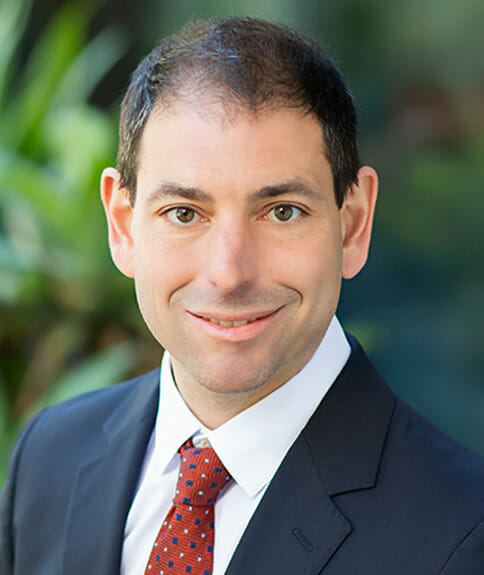
Trever Bivona, MD, PhD
UC San Francisco
Trever Bivona, MD, PhD
UC San Francisco

Trever Bivona, M.D. Ph.D. is a cell and molecular biologist and a laboratory-based physician scientist at the University of California, San Francisco where he is a medical oncologist and Professor of Medicine and of Cellular and Molecular Pharmacology. He is a cancer biologist who leads a research program focused on signal transduction and cancer genetics and the molecular basis of tumor initiation, evolution, and drug resistance. A major area of interest is the function and therapeutic targeting of oncogenic receptor tyrosine kinases (RTKs) such as EGFR and ALK as well as RAS GTPase signaling. A recent discovery and area of interest is the role of membraneless cytoplasmic biomolecular condensates formed by certain oncogenic RTKs in driving oncogenic signaling through RAS and other proteins to promote cancer. The overall goal of this research program is to understand the regulatory principles underlying cancer cell signaling and tumor evolution to improve cancer therapy and patient survival and quality of life. Dr. Bivona received a NIH Director’s New Innovator Award and is an elected member of the American Society for Clinical Investigation. Dr. Bivona is currently Principal Investigator of the NIH/NCI U54 Bay Area Drug Resistance and Sensitivity Center and is a Chan-Zuckerberg Biohub Senior Investigator.
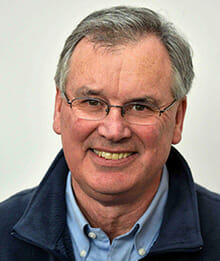
Steve Conolly, PhD
UC Berkeley
Steve Conolly, PhD
UC Berkeley

Dr. Conolly is a Full Professor of Bioengineering and Electrical Engineering and Computer Sciences at UC Berkeley, where he holds the Montford G. Cook Endowed Chair. He was elected Chair of the UC Berkeley-UCSF Joint Graduate Group in Bioengineering from 2006-2009. He currently serves as Vice Chair of Instruction in BioE at UC Berkeley.
Dr. Conolly specializes in medical imaging and biosensing hardware, with a focus on Magnetic Particle Imaging and Magnetic Resonance Imaging. His research group has built all of the Magnetic Particle Imaging scanners now in the USA. MPI shows extraordinary promise as a safe, noninvasive, and quantitative imaging method. MPI biomedical applications include stem cell tracking, perfusion imaging, angiography and cancer imaging. Prof. Conolly has won research support from CIRM, NIH and UC Discovery, the Siebel Foundation and the Keck Foundation.
He received his B.S in Electrical Engineering from Boston University, and his M.S. and Ph.D. in Electrical Engineering from Stanford University. Dr. Conolly has 30 patents in various stages of approval, and more than half of these have been licensed by industry. In 2004, Prof. Conolly was a recipient of the prestigious Stanford’s Outstanding Inventor award.
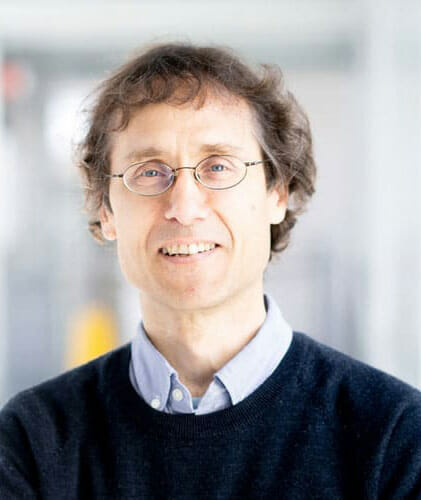
Jason Cyster, PhD
UCSF
Jason Cyster, PhD
UCSF

Jason Cyster is a Professor in the Department of Microbiology and Immunology at the University of California, San Francisco. Cyster is an immunologist recognized for his work on the cues guiding immune cell movements in lymphoid organs and for defining the mechanism of lymphocyte egress from tissues. He is also known for his use of real-time 2-photon microscopy to study immune cell migration and interaction dynamics within tissues during antibody responses. Cyster was born in Western Australia and grew up on a cattle farm in the south of the state. He graduated from the University of Western Australia with a degree in Biochemistry and Microbiology and from the University of Oxford with a D.Phil. in Immunology in 1992. He was a postdoctoral fellow in immunology at Stanford University School of Medicine and he joined the faculty at the University of California, San Francisco in 1995.
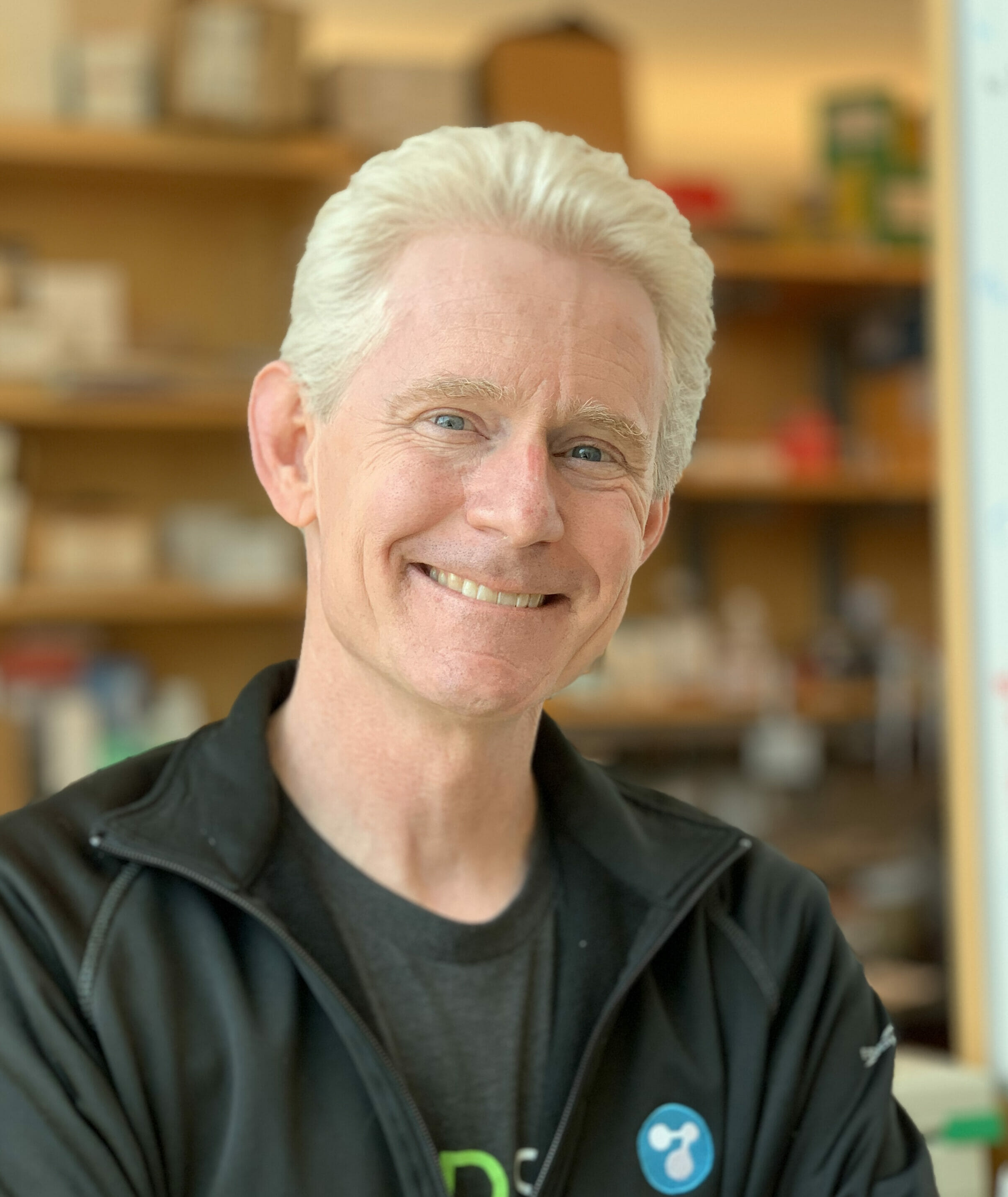
Joe DeRisi, PhD
UC San Francisco
Joe DeRisi, PhD
UC San Francisco

Joe DeRisi is an interdisciplinary scientist whose work combines genomics, bioinformatics, biochemistry, and bioengineering to study autoimmune, parasitic, and viral diseases in a wide range of organisms.
One of the early pioneers of DNA microarray technology and whole-genome expression profiling, he was chosen for a MacArthur Fellowship in 2004 for his work with microarrays, particularly as a member of a team that identified and characterized the virus (now known as SARS-CoV-1) that caused the original SARS outbreak in 2003.
DeRisi has been a leading advocate of unbiased methods for pathogen discovery, disease tracking, and clinical diagnosis using metagenomic sequencing. Over the past two decades his work has increased the power, versatility, and clinical utility of metagenomic tools, laying the groundwork for the CZ ID platform now used for pathogen surveillance and diagnostics in low- and middle-income countries around the world. More recently, together with colleagues at UC San Francisco (UCSF), he has increasingly focused on the use of programmable phage display technologies for investigating previously unknown autoimmune diseases.
DeRisi graduated from UC Santa Cruz with a B.A. in Biochemistry and Molecular Biology, before earning his Ph.D. in Biochemistry with Patrick O. Brown at Stanford University. A member of the American Academy of Arts and Sciences, the National Academy of Sciences, and the National Academy of Medicine, DeRisi is a Professor in the Department of Biochemistry and Biophysics at UCSF. He was previously a Searle Scholar, a Packard Fellow, and an Investigator of the Howard Hughes Medical Institute before launching the CZ Biohub in San Francisco in 2016 along with Steve Quake.
Early in the COVID-19 pandemic, DeRisi and his team at the Biohub and at UCSF worked together to rapidly launch a clinically certified testing facility, which ultimately offered free clinical tests and SARS-CoV-2 genome sequencing to all 58 California Departments of Public Health, as chronicled in Michael Lewis’s 2021 book, The Premonition: A Pandemic Story.
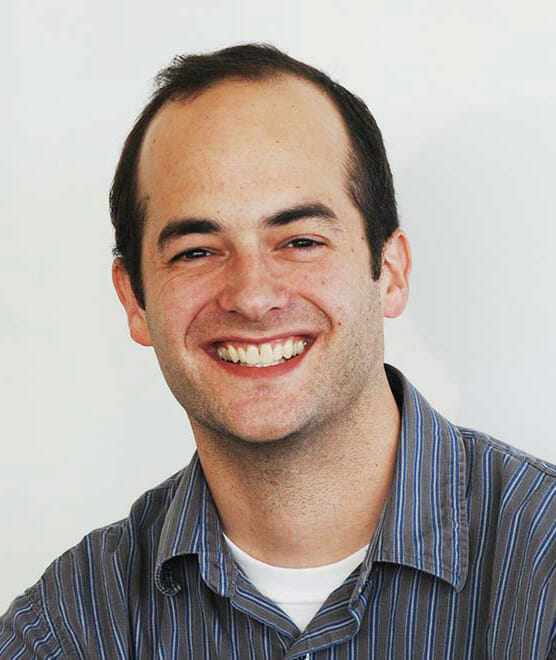
John Dueber, PhD
UC Berkeley
John Dueber, PhD
UC Berkeley

Dr. John Dueber is the Associate Professor of Bioengineering at University of California, Berkeley. He earned his Ph.D. in Bioengineering from University of California, San Francisco, under the advisory of Wendell Lim. He is currently the Principal Investigator of the Dueber Lab at UC Berkeley. The Dueber Lab develops strategies for introducing designable, modular control over living cells. The Dueber Lab is particularly interested in generating technologies for improving engineered metabolic pathway efficiency and directing flux. The projects have applications in development of biofuels, specialty chemicals, and environmentally friendly processes.
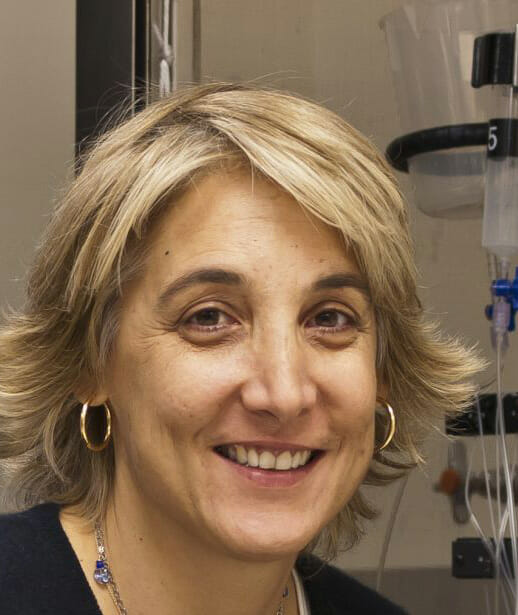
Pamela England, PhD
UC San Francisco
Pamela England, PhD
UC San Francisco

Pamela England, PhD is Professor of Pharmaceutical Chemistry at the UCSF School of Medicine. England’s research focuses on the development and use of small molecules to manipulate and monitor the activities of biologically important ligand-receptor systems. Execution of these research projects typically involves a combination of synthetic chemistry, computational chemistry, structural biology, and appropriate biochemical and biological assays.
England completed her PhD in Chemistry at Massachusetts Institute of Technology (MIT) in 1995 and her Bachelor of Science in Chemistry at the University of California, Los Angeles in 1989.
England received UCSF Dean’s Award for Excellence in Teaching in 2018, 2019, and 2021, and also received the UCSF CTSI Catalyst Award in 2020 and UCSF Roger’s Family Foundation Bridging the GAP Award in 2015.
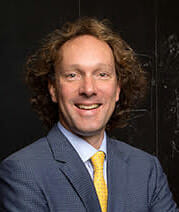
Dan Fletcher, PhD
UC Berkeley
Dan Fletcher, PhD
UC Berkeley

Dr. Dan Fletcher is the department chair in the bioengineering department and biological systems program at the University of California, Berkeley, where his research focuses on the biophysics of cell movements and the cytoskeleton and development of biomedical devices. Recent work from his laboratory includes direct measurement of the actin networks that drive crawling motility, development of vesicle encapsulation technology for cellular reconstitution, and demonstration of fluorescence microscopy on a mobile phone.
Fletcher received a B.S.E. from Princeton University and a D.Phil. from Oxford University, where he was a Rhodes Scholar. He received a Ph.D. in mechanical engineering from Stanford University as an NSF graduate research fellow and was a postdoctoral fellow in biochemistry at the Stanford University School of Medicine as part of the Stanford Bio-X program. His research has received an NSF CAREER Award, a National Inventors Hall of Fame Collegiate Award, and was designated “Best of What’s New” by Popular Science magazine.
Last year Fletcher was named a White House Fellow and worked with the Office of Science and Technology Policy at the White House. He is also deputy director of the physical biosciences division of Lawrence Berkeley National Laboratory (LBNL), faculty affiliate of the QB3 and CITRIS Institutes at UC Berkeley, a member of the bioengineering, biophysics, and nanoscale science and engineering graduate groups, and deputy director of the Cell Propulsion Lab, an NIH Nanomedicine Development Center based at UCSF.
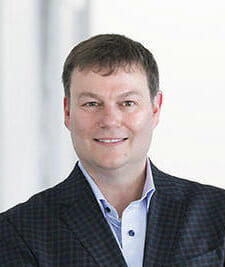
Matthew Francis, PhD
UC Berkeley
Matthew Francis, PhD
UC Berkeley

Matt Francis is the Department of Chemistry Chair and the T.Z. and Irmgard Chu Distinguished Professor in Chemistry at UC Berkeley. Matt was born in Ohio and received his undergraduate degree in Chemistry from Miami University in Oxford, OH in 1994. From 1994-1999 he attended graduate school at Harvard University, working in the lab of Prof. Eric Jacobsen. His Ph.D. research involved the development of combinatorial strategies for the discovery and optimization of new transition metal catalysts. He then moved to UC Berkeley, where he was a Postdoctoral Fellow in the Miller Institute for Basic Research in Science. He worked under the guidance of Prof. Jean Fréchet, focusing on the development of DNA-based methods for the assembly of polymeric materials and the application of dendrimers for drug delivery. Matt started his independent career in the UC Berkeley Chemistry Department in 2001, and has built a research program involving the development of new organic reactions for protein modification. These new chemical tools have then been used to modify biomolecular assemblies to prepare new materials for diagnostic imaging, wastewater treatment, and solar cell development. For his research accomplishments, Matt has received the Dreyfus Foundation New Faculty Award, an NSF Career Award, a GlaxoSmithKline Young Investigator Award, the 2017 Bioconjugate Chemistry Lectureship Award from the American Chemical Society, and the 2019 Arthur C. Cope Scholar Award from the American Chemical Society. Matt became the chair of the chemistry department at UC Berkeley in 2018. Matt has also received the UC Berkeley Departmental Teaching Award on three occasions, the Noyce Prize for Excellence in Undergraduate Teaching, and the 2009 University Distinguished Teaching Award.
Interns
Interns
Bakar Labs tenants have inside access to QWEST, a fully-funded workforce development program.
In the competitive QB3 Workforce Education for bioScience and bioTechnology (QWEST) program, undergraduate UC Berkeley students are selected for training and work experience over the summer months at participating Bakar Labs tenants. Many students choose to continue work-study through the fall and into the spring. The internship, which can last for six months, is fully paid by QB3. The goal is to generate high-value employees who will be assets to fast-growing companies in the Bay Area and wider California life science sector.
Bakar Labs tenants are also able to hire PhD interns fully funded by the Bakar BioEnginuity Hub as part of the Graduate Research Internship Program. Tenants who are interested in hiring a STEM PhD student can post a position here.
There’s also the opportunity to select motivated, skilled students from QB3-Berkeley’s separate undergrad internship program.

Corporate Affiliates
Corporate Affiliates
Tenants benefit from connecting with our many corporate affiliates, who share our enthusiasm for supporting entrepreneurs innovating new technologies.
- We’re partnered with industry leaders who want to help early-stage innovators access large-scale scientific and business resources to advance technologies in their areas of interest. Take advantage of office hours, technology training, and concierge introductions from Bakar Labs leadership.
- We’re partnered with the life science team at Wilson Sonsini. Their seasoned legal professionals can support you with your patent portfolio; corporate matters; business advisory; commercial & technology transactions; privacy & data protection; regulatory affairs; and litigation.
- Our banking partners can help you with business banking; foreign exchange; and advice on a range of funding and investment issues.
- Our resource partners provide support in specific technical and operational areas.
